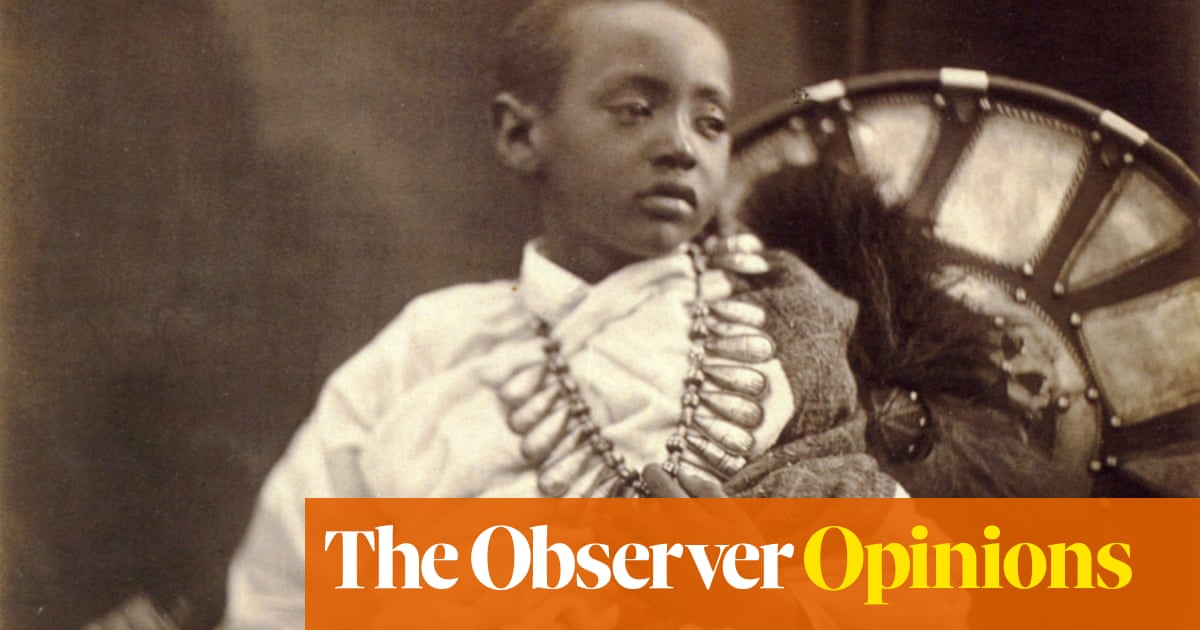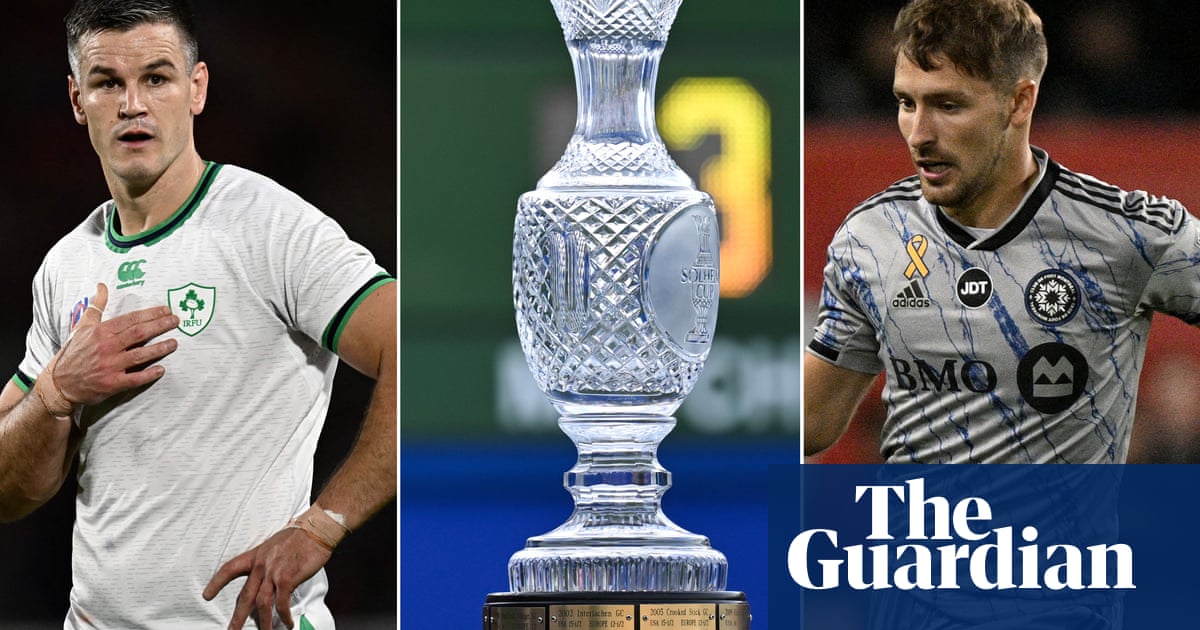
When BBC Three is reborn as an on-air channel at 7pm today, its schedule includes Eating With My Ex, a post-dating format in which former lovers meet up over a meal.
It’s an appropriate choice given that the network itself is returning to a former partner after a split that caused serious disagreement and left messy unfinished business.
The first three series of Eating With My Ex were branded as BBC Three content but could only be streamed via iPlayer, as the youth-oriented service, which launched in 2003, was dropped from the airwaves in 2016 when the BBC was looking for budget cuts.
However, the chances of a long, harmonious partnership second time around have been vastly reduced by this comeback coinciding with a funding crisis even more severe than the one that axed BBC Three six years ago. When the culture secretary, Nadine Dorries, recently announced that the £159 TV licence would be frozen for two years, fall behind inflation for six and might cease completely from 2028, BBC director-general Tim Davie warned that the necessary economies might “absolutely” include axing channels. As a result, Three might feel this week like an ex who arrives at the reunion restaurant to be told the other person already feels this is a bad idea.
In adding another channel while simultaneously threatening to cut some, the BBC might seem to many viewers chaotic and contradictory. But to be fair, the timing was not its choice.
Still, there is reason to wonder if the restoration of Three ever made sense. In 2016, the corporation gave these reasons for the decision to move the channel aimed at 16- to 34-year-olds to iPlayer alone: although Three had an impressive hit record (Gavin & Stacey, Little Britain, Murdered By My Boyfriend etc), data showed that the target demographic was much more likely to watch by streaming or catchup than on linear TV.
In 2022, these are the reasons given for the reversal: younger viewers still watch a surprising amount of linear television, and terrestrial restoration ensures that there will be a dedicated BBC channel for them, viewing of which will “complement” iPlayer viewing and may even drive additional youth viewing to it.
These contrasting rationales are explained by recent research revealing that younger audiences are failing to make a progression that was once standard – from watching Doctor Who courtesy of a licence fee bought by your parents or place of education, to enjoying 9pm crime dramas covered by a permit you paid for yourself. The regulator Ofcom and BBC bosses hope the return of a linear BBC Three will help to restore the BBC habit to the absconding demographic.
But even before the additional difficulty of whether the corporation can afford another linear network, the strategy looked a huge and probably futile gamble. Are younger viewers really consuming fewer BBC shows because there isn’t a button on the remote for them, or because they prefer material from rival streamers such as Netflix, Sky and Disney or the vast quantities of other content available online? Will the return of “their” channel energise them to buy TV licences, or has the impulse to fund public service broadcasting gone, killed by the multiplicity of content and the widespread (though false) belief that no licence is needed to watch BBC content online?
The relaunch schedules also raise the question of what BBC Three is for. During its streaming interlude, the franchise proved a very impressive feeder to the main BBC channels. Normal People, Clique, Fleabag and People Just Do Nothing were among the many shows to flourish on BBC One or Two after iPlayer debuts.
Shows on the new Three include Conversations With Friends (another Sally Rooney adaptation) and Mood, a comedy drama with a genesis very similar to Phoebe Waller-Bridge’s Fleabag, having also started as a solo theatre piece: Nicôle Lecky’s Superhoe. Aside from the issue of how the BBC hopes to appeal to younger viewers if Superhoe is apparently considered too rude a title to use on air, have Normal People and Fleabag not opened up a space on One and Two into which Conversations With Friends and Mood could move at once?
Similarly, Stacey Dooley, one of the best reporters on television, has made another impressive documentary called Stalkers, about those who inflict and suffer obsessive attention. But surely such a combination of star and subject matter could, even should, be on BBC One? At a relaunch event, Dooley joked that she was surprised to be involved – she also fronts a new Three cookery show, Hungry for It – as, 35 next birthday, she is about to move beyond the channel’s demographic. But the gag raises a serious point: as Dooley is at such a different age and stage now, why is the channel still being branded with her?
And, although BBC management would hate this conclusion to be drawn at this point of the debate with government on the corporation’s funding, BBC Three may show the way towards a subscription model. Younger viewers might be persuaded to pay, among a portfolio of subscriptions, a low-ish fee for Three-like material. Traditionalists would object that this arrangement would deny them exposure to BBC News, wildlife shows and arts documentaries, but viewing, especially among the young, no longer works like that, and the reappearance of an old channel seems unlikely to change that.
Diners on Eating With My Ex often find that there were very good reasons for having gone their separate ways. That feels dangerously likely to be the case with BBC TV and BBC Three.












